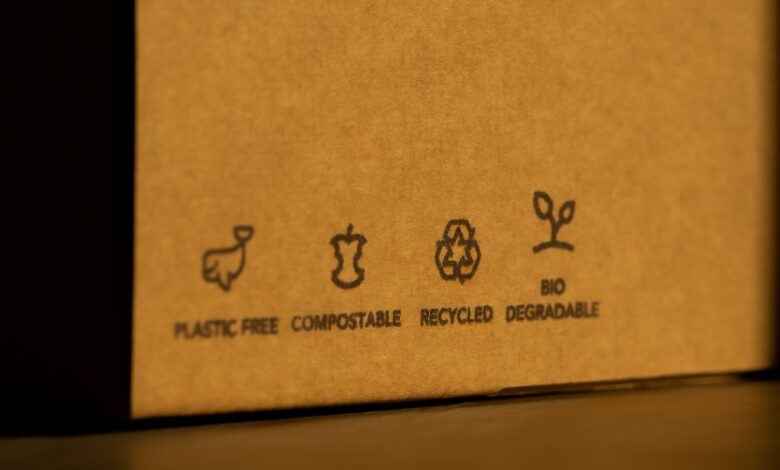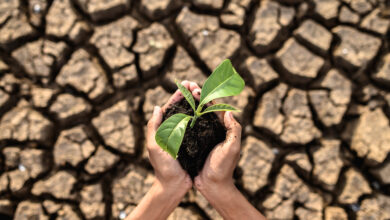7 Ways FMCG Companies are Choosing Sustainable Packaging

Find out how FMCG companies are implementing sustainable packaging in different ways to reduce their environmental impacts.
In recent years, there has been a growing global concern regarding the environmental impact of packaging, particularly in the fast-moving consumer goods (FMCG) industry. As the demand for products continues to rise, so does the volume of packaging waste generated. However, FMCG companies are stepping up to address this issue by adopting sustainable packaging solutions, aiming to minimize their environmental footprint.
Material Innovation
One of the key strategies employed by FMCG companies is the development and utilization of innovative packaging materials. Traditionally, plastic has been the dominant material due to its durability and cost-effectiveness. However, the negative environmental consequences of plastic packaging, particularly single-use plastics, have spurred a search for more sustainable alternatives.
Lightweight
Another approach to sustainable packaging is lightweight, which involves reducing the amount of packaging material used without compromising product integrity. FMCG companies are redesigning their packaging to be lighter and more efficient, thereby reducing the amount of waste generated and minimizing transportation costs.
Recycling and Circular Economy
FMCG companies are increasingly embracing the principles of the circular economy by implementing recycling initiatives and supporting the development of a robust recycling infrastructure. They are collaborating with stakeholders across the value chain, including suppliers, retailers, and consumers, to promote recycling and ensure that packaging materials are effectively collected, sorted, and recycled.
Eco-friendly Packaging Alternatives
Besides reducing the environmental impact of packaging materials, FMCG companies are exploring alternative packaging solutions. For instance, many companies are shifting towards paper-based packaging, edible packaging, water-soluble films, and plant-based coatings are being developed to provide eco-friendly alternatives to traditional packaging materials.
Design for Disassembly
Design for disassembly is a concept gaining traction in the FMCG industry. It involves designing packaging in such a way that it can be easily disassembled, sorted, and recycled at the end of its life cycle.
Life Cycle Assessments
Life cycle assessments (LCA) are like an investigative journey that looks at how products or services affect the environment throughout their entire life. It’s like having a magnifying glass to examine the environmental impact of things like packaging. FMCG companies are conducting LCAs to understand how their packaging affects the environment from the moment materials are taken out of the Earth to when they’re thrown away. By taking this big-picture view, companies can spot the areas where environmental impact is highest and figure out ways to make packaging more sustainable.
Collaboration with Technology Startups
Technology startups are playing a significant role in driving innovation in sustainable packaging. FMCG companies are actively collaborating with startups and investing in cutting-edge technologies to develop new packaging solutions. These technologies include advanced recycling techniques, smart packaging with embedded sensors to monitor freshness and reduce waste, and innovative materials derived from renewable sources.
Example of sustainable packaging of FMCG company in India

Generally, single-use and secondary packaging are discarded as waste after purchase. Dabur, the largest FMCG brand in India has taken a different approach by eliminating the cartons used for packaging its products. Specifically, they have chosen to go carton-free for one of their key products, Dabur Red toothpaste. The paper saved from removing these outer cartons will be repurposed to create notebooks for underprivileged children in collaboration with Child Rights and You (CRY), an NGO based in New Delhi. Through such initiatives, the company aims to achieve 100 percent collection of the waste generated from its product packaging.
The Bottom Line
FMCG companies are proactively addressing the environmental impact of packaging by adopting sustainable practices throughout their operations. By working together and embracing innovative solutions, FMCG companies are not only reducing their environmental impact but also inspiring change and setting an example for other industries to follow.
India’s first climate action platform, The Disposal Company, is paving the way for a greener future by enabling brands to go plastic-neutral and carbon-neutral. Learn more here.




